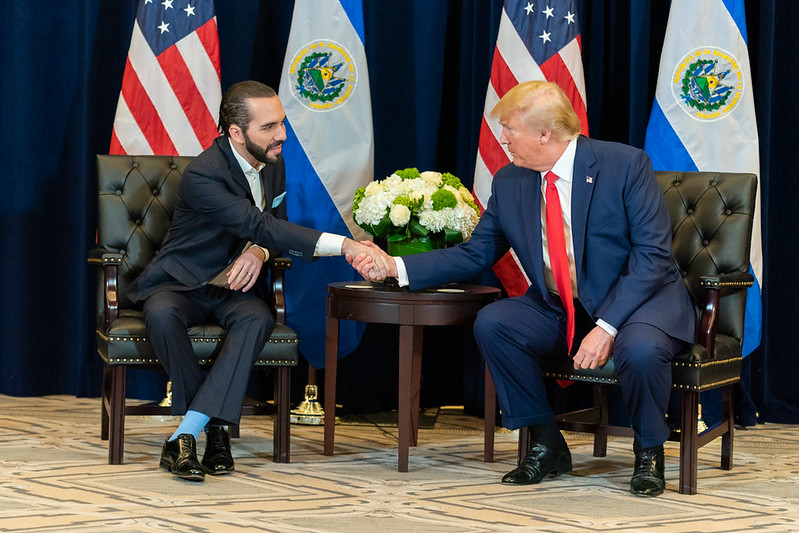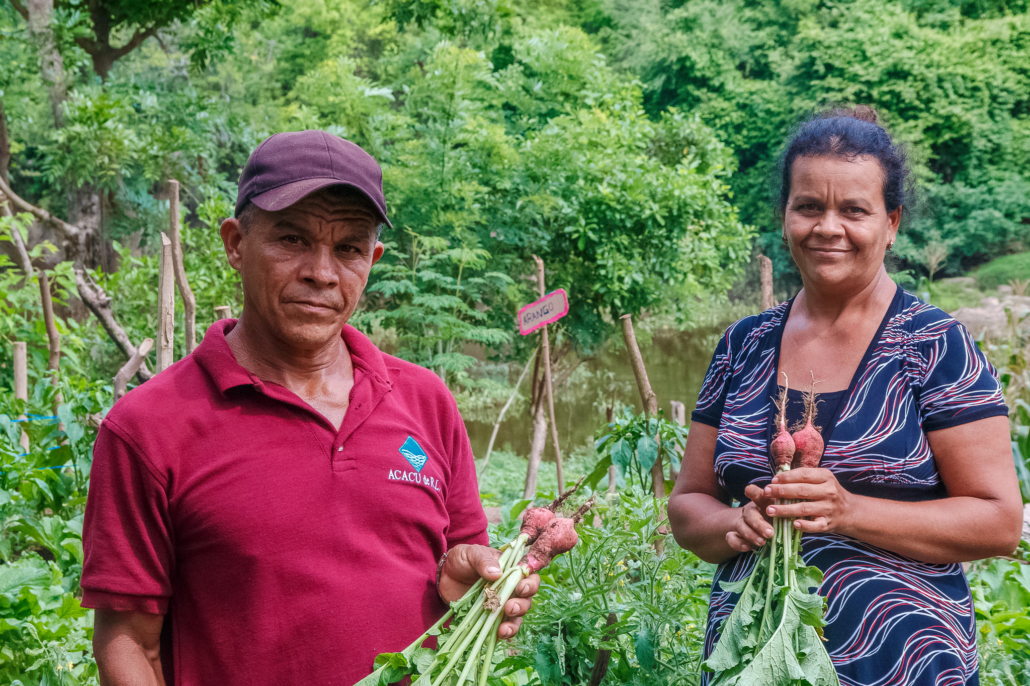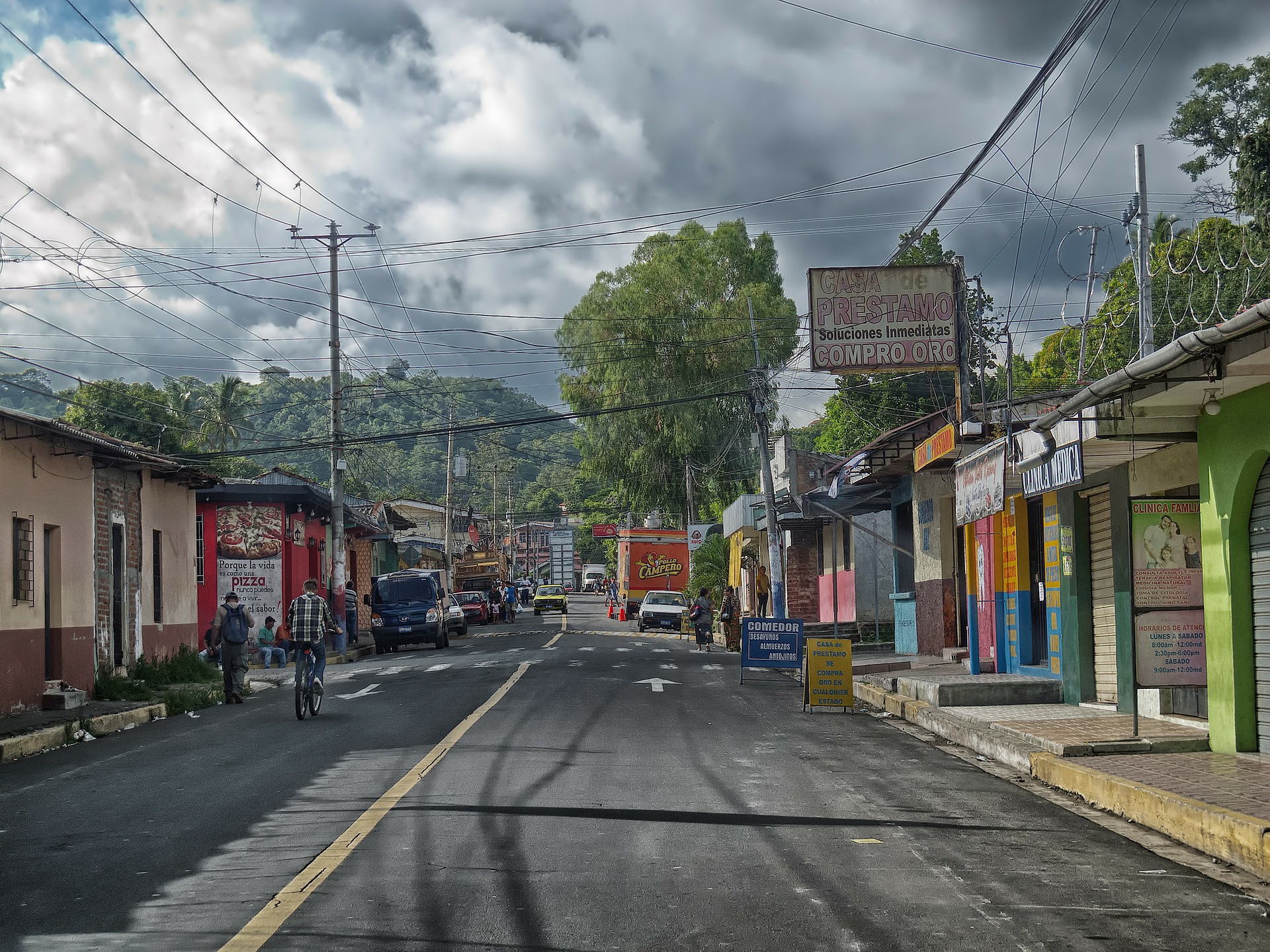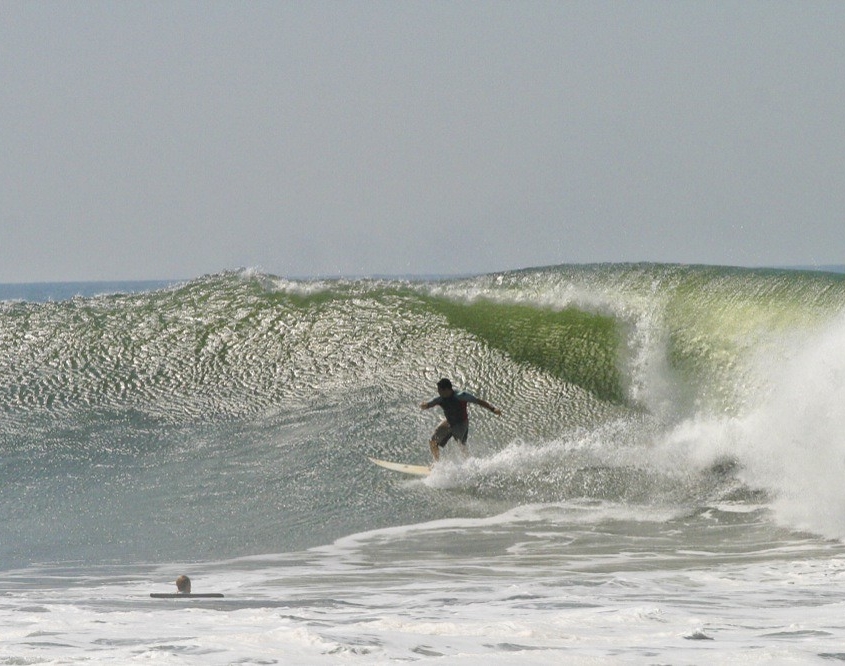 El Salvador does not have a long and glorious history of political stability. Over the past five years, Nayib Bukele and his “Nuevas Ideas” Party have managed to massively reduce both violent crime rates and emigration abroad. His landslide re-election on February 4, 2024, was officially confirmed as a supermajority on February 19 following a hand count, which is unsurprising.
El Salvador does not have a long and glorious history of political stability. Over the past five years, Nayib Bukele and his “Nuevas Ideas” Party have managed to massively reduce both violent crime rates and emigration abroad. His landslide re-election on February 4, 2024, was officially confirmed as a supermajority on February 19 following a hand count, which is unsurprising.
Security Policy
Domestic security was a significant plank on Bukele’s re-election campaign platform. The reduction of violent crime in the country has been startling. So, too, are the numbers behind it: 76,000 Salvadorans have been jailed, around 1% of the country’s population. The vast majority have been incarcerated without due process.
The suspension of civil liberties in March 2022 allowed the Bukele administration to move quickly and efficiently. This crackdown has been, it seems, almost universally popular in a country that was, until recently, considered one of the world’s most dangerous and arguably was the most significant factor in Bukele’s landslide re-election.
However, behind the overwhelming public support, key voices have called these policies unsustainable and unlawful. Human rights groups have highlighted instances of both torture and death in custody (218 deaths). The United States (U.S.), El Salvador’s largest trading partner, has raised concerns about human rights violations. Additionally, the International Monetary Fund (IMF) has put its mooted billion-dollar bailout on pause due to, among other factors, Bukele’s “State of Exception.”
Economic Policy
One of those above “other factors” has been Bukele’s attempt (beginning in late 2021) to introduce cryptocurrency as El Salvador’s principal form of money, replacing U.S. dollars. During his first term, Bukele used his preferred choice of communication, social media, to drum up investment for his plan to turn the country into a cryptocurrency haven.
However, through the bluster and rhetoric, it is clear that El Salvador will still rely on its ties to foreign investors and trading partners. Hesitation by the U.S. to continue its aid program ($629 million between 2019 and 2022) due to fears over the increasingly undemocratic direction the country was heading has led Bukele to start a high-wire policy of cozying up to China. This brinkmanship has resulted in closer diplomatic ties with the U.S., with both superpowers competing for influence in the region.
Since 2019, the start of the first term of Nayib Bukele, extreme poverty has doubled and El Salvador’s national debt stands at a record high of $25 billion. Most foreign investors see the cryptocurrency dream as risky to gamble on. Bukele’s desire to minimize U.S. influence in El Salvador is historically understandable. However, the more reckless and authoritarian his policies become, the less inclined he will be to help the U.S. or the IMF.
The Election
Bukele’s supermajority is confirmed, winning 54 of 60 seats. The hand count revealed irregularities in the electronic voting system. Opposition parties have raised concerns over fraud, manipulation and intimidation at various points in the electoral process. However, it is doubtful that these concerns will be followed up on.
The election of Nayib Bukele to the office of President for a second term was unconstitutional until the rule on second terms was scrapped. One of the many issues with his re-election from a democratic perspective is that Bukele will have unprecedented power (even more so than in his first term) to change the constitution. In many ways, the “world’s coolest dictator” has followed the classic authoritarian playbook and many believe he will continue to do so.
Final Remark
A combination of authoritarian security policies and reckless economic decisions have left El Salvador in a precarious position. However, the next few years will reveal how foreign aid to the country can best be spread around to foster stability.
The potential for a more democratic path to stability in El Salvador exists if the U.S. strategically influences the situation through judicious financial measures rather than the old-school method of going in all guns blazing.
– Rory Giles
Photo: Flickr




